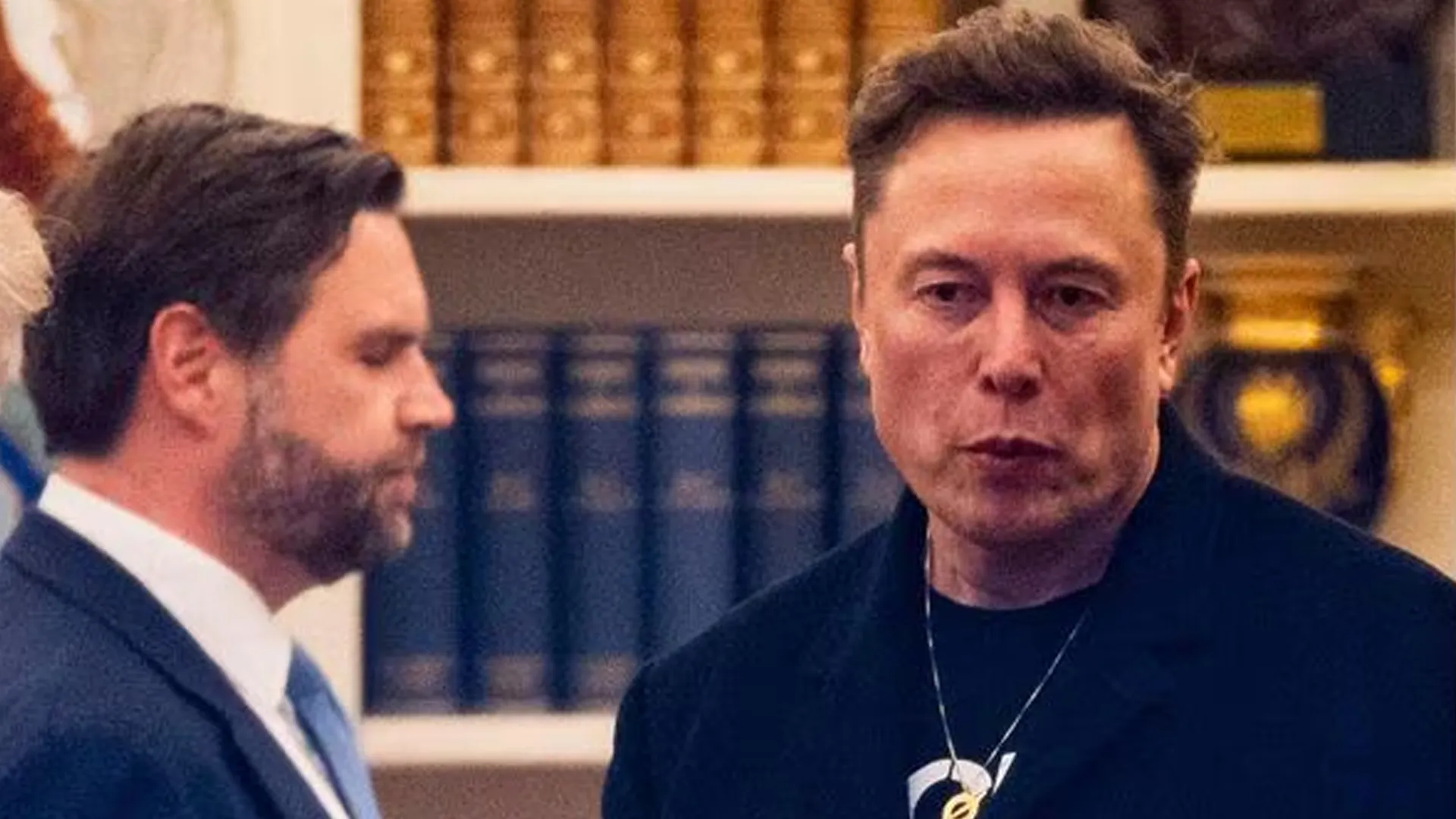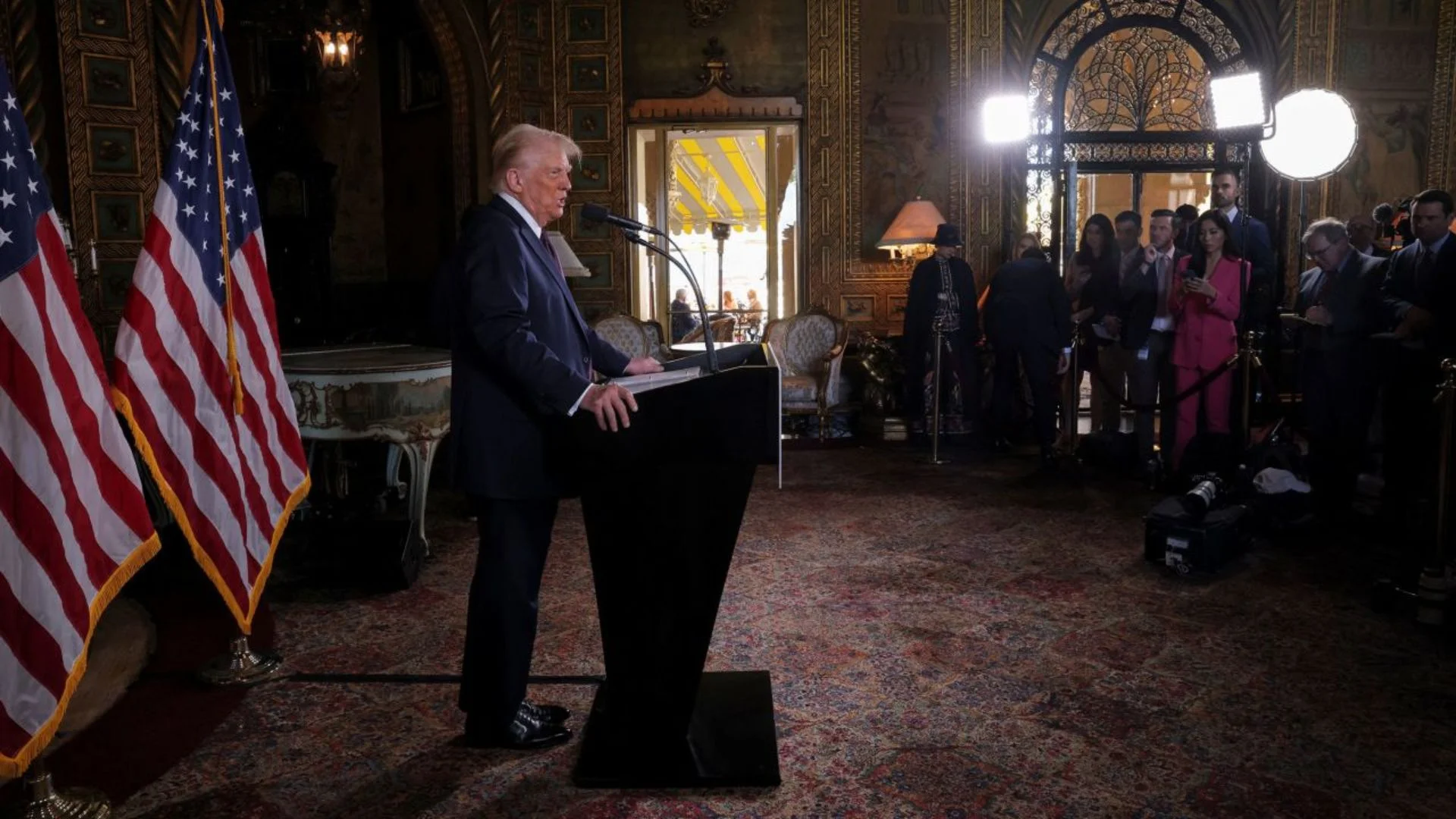A viral audio recording of US Vice President JD Vance supposedly denouncing billionaire Elon Musk has sparked controversy on social media. The recording, shared on X by Bishop Talbert W Swan II, seems to include Vance accusing Musk of “cosplaying as a great American leader” and doubting his efforts for the Trump administration.
“He’s not even an American. He is from South Africa,” Vance allegedly says in the clip. Vance also asserts that Musk’s moves are making the Trump administration “look bad” instead of assisting. “He has the audacity to act like he is an elected official,” Vance allegedly said in the clip.
JD Vance Denies Clip as AI-Generated
Vance reacted on Monday, labeling the clip “fake AI-generated” and questioning its authenticity.
“I’m not surprised this guy doesn’t have the intelligence to recognize this fact, but I wonder if he has the integrity to delete it now that he knows it’s false,” Vance posted in reaction to Swan’s X post.
The video became viral days after Vance admitted Musk’s blunders in carrying out en-masse dismissals of federal workers. Musk is the head of the Department of Government Efficiency (DOGE), a task force constituted by President Donald Trump to rationalize federal operations.
Musk’s Role in Government Downsizing
While defending Musk, Vance admitted that the billionaire has erred in managing personnel cuts. “Elon himself has said that sometimes you do something, you make a mistake, and then you undo the mistake. I’m accepting of mistakes,” he said in a recent interview.
Musk was further put on the spot after news of a confrontation with US Secretary of State Marco Rubio broke. Musk confronted Rubio at a White House meeting, accusing him of not laying off enough people, The New York Times reported. Rubio described instead plans to restructure the State Department.
The AI-generated clip controversy serves to reflect increasing worries over misinformation in the political arena. Although Vance has denied the validity of the audio in strong terms, its free circulation indicates the potential for AI-generated content to influence public opinion.









